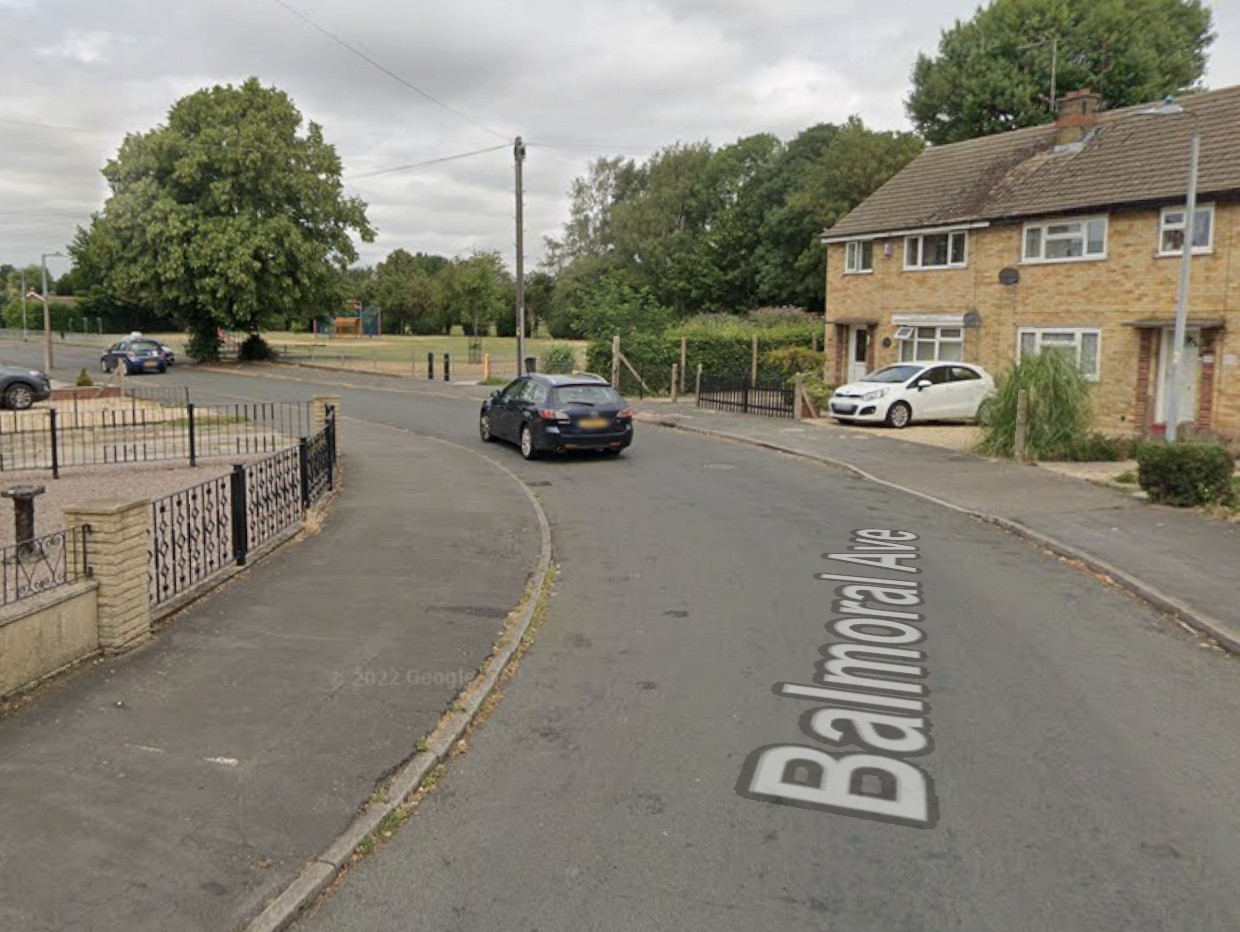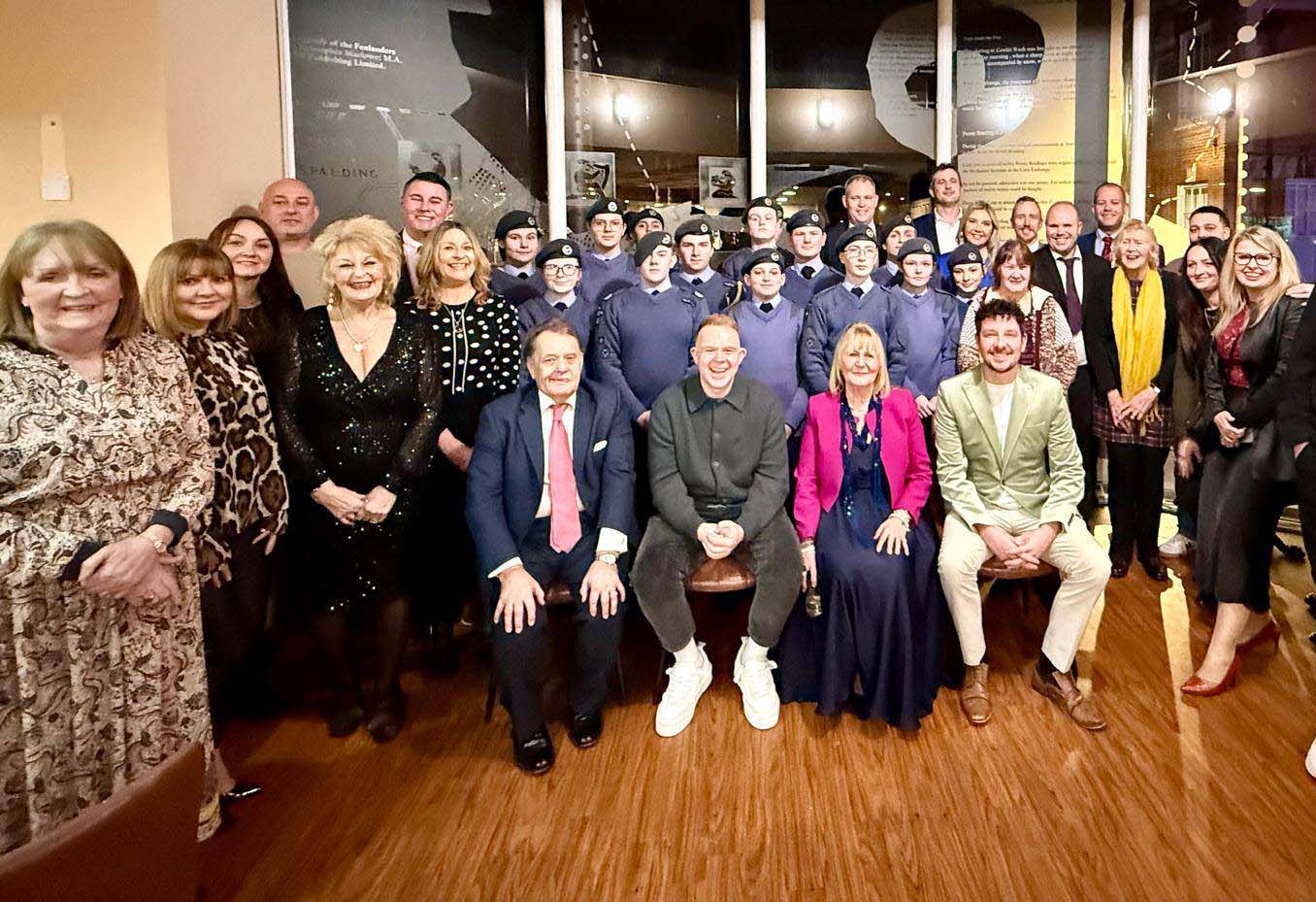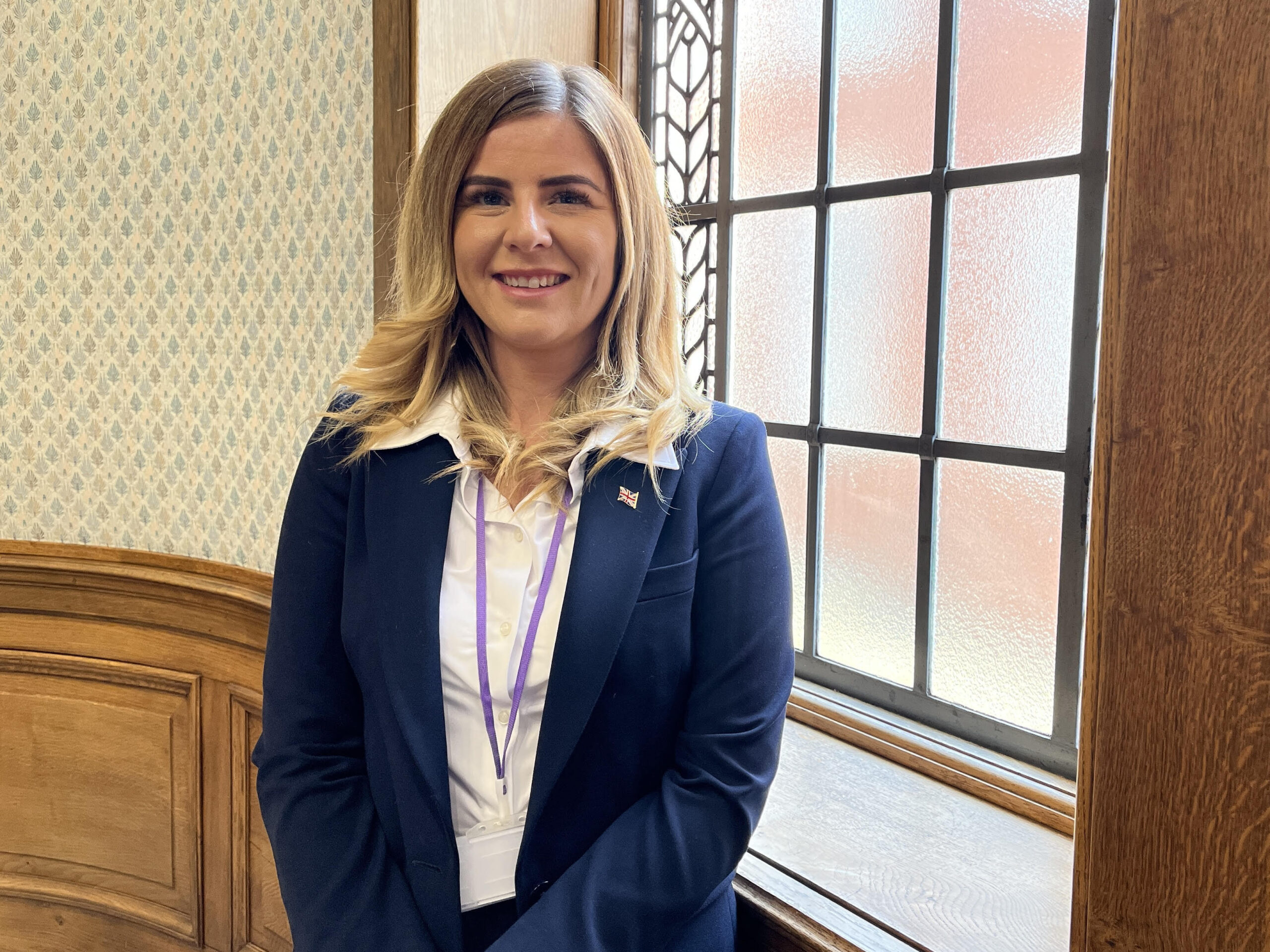Lincolnshire children are giving up their time, friends and sometimes education to care for loved ones, councillors have said.
Stories of the sacrifices they make every day were shared as Lincolnshire County Council discussed a new strategy to support them, writes Local Democracy Reporter Jamie Waller.
It aims to identify and help young people acting as carers quicker, and remove the stigma that some feel.
Around 7,000 young people in Lincolnshire, with an average age of just nine years old, are looking after family members with physical or mental disabilities, or suffer from addiction.
The number of young carers has risen significantly since the Covid pandemic.
Councillor Phil Dilks (Ind) paid tribute to some of the young carers he had met during the development of the strategy at the Children’s Committee on Friday (December 6).
“One young lad told me he was always late for school because of caring duties, but he kept the reason secret from his mates because they wouldn’t understand.
“He couldn’t have birthday parties or sleepovers at home.
“A gifted teenager told me she wasn’t going to the university her school recommended because she was needed at home to look after her mum.
“She said: ‘My mum brought me into this world and cared for me, now it’s my turn to look after her’.”
Councillor Noi Sear (Con) recalled the individuals she met on a day out for young carers.
“The youngest was five years old – he said this was the best day of his life,” she said.
“A 15-year-old girl showed me how good she was at cooking because she had to cook for her mum while her dad was working.”
More than half of young carers spend at least 20 hours a week helping out, on top of school and their outside lives.
They miss an average of 27 days of education each year, according to the report.
Councillor Tracey Carter (Con) said: “We need to break the myths and stigma around this, and reach people early as possible.
“We can give more strength to young carers to realise how special they are.”
Cllr Dilks said Lincolnshire County Council was “well ahead of the curve” in supporting young carers, but there was room for improvement.
The strategy, which will go to the Executive for approval, aims to make staff aware of best practice, improve information available to young carers and get better at identifying them.







